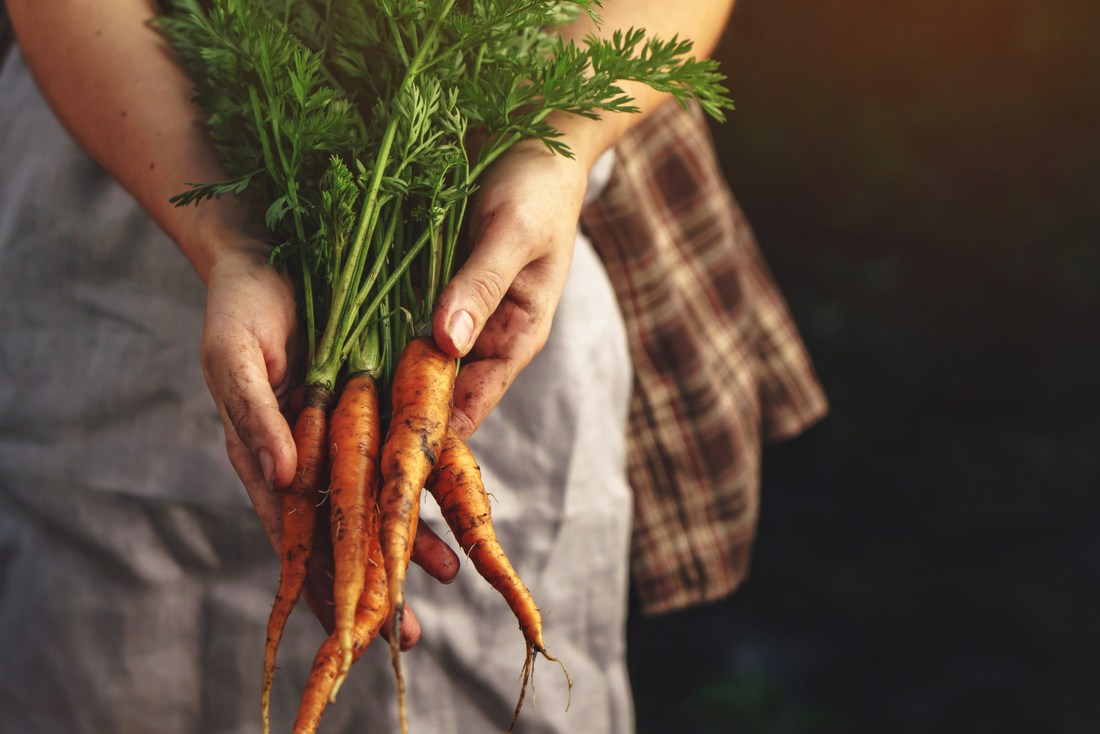Dr. Phylis Canion is a Doctor of Naturopathic Medicine and is a Certified Nutritional Consultant specializing in nutritional therapies. She is also a Diplomate of the College of Clinical Nutrition. She has written three books on nutrition and is a syndicated columnist and a frequent guest speaker.
We are delighted to get her naturopathic perspective on nutrition.
Dr. Canion, you have been awarded Fellow status in the American Association of Integrative Medicine, which is its highest honor. Can you tell us what it means to practice integrative medicine and why you chose this route?
Integrative Medicine brings together allopathic and naturopathic practices to address not just the physical aspect of health but the emotional, mental, and spiritual aspects that affect our health.
My passion for healing naturally came after being so sick and not getting the help I needed and expected from the medical professionals. I promised my parents, after watching them stress over my health issues, that I would find a way to help people heal naturally.
How inspiring. We love that your work advocates for the role nutrition plays in our overall health. Was there a certain moment in your journey that led you to broaden your views on diet and health care?
After living overseas for over twenty years, and studying lifestyles and diets around the world, I was amazed at how our health statistics declined over the years in the United States. The biggest difference was our food supply. While there is controversy as to the toxicity of our diet, I do believe our health statistics clearly speak for themselves. We are what we eat!
What have you noticed about the American diet compared to the diets of other countries based on these health statistics?
In the United States we are eating more food manufactured in a plant rather than eating food that is a plant! Statistics show where Western food has been introduced into foreign countries, the development of diabetes and heart disease, when not evidenced before, has now become a problem. Those countries that continue their plant based foods remain healthier. They eat off the land without the use of chemicals. Many of our pesticides that we spray on our crops are banned in many countries.
It’s alarming how many pesticides, and some of the processed foods that we eat, are banned elsewhere but are steadily creeping into our daily lives and subtly chipping away at our good bacteria (and overall health). Tell us about some of the ingredients in typical store-bought foods that you feel are a real hazard to our health and why?
There are about 15 toxic chemicals added to our food, but one of the worst that is now added to the majority of our food is High Fructose Corn Sweetener. HFCS is a cheap, processed, maligned corn sweetener that is added to cookies, cakes, condiments, meats, dairy products, bakery items, salad dressings, candy, nutrition bars, jams, jellies, yogurts, breakfast cereals, sodas, juices, cough syrups, crackers, ice creams—I think you get the picture! Our system cannot digest HFCS!
Wow. When you put it that way, it’s truly eye-opening that so many of the “foods” we’re all eating and feeding to our kids likely harbor health-damaging ingredients. What are you doing personally and professionally to promote health through food?
My goal is to educate as many as I can how to read labels and make people aware of the toxins added to our foods; including food dyes, preservatives, additives, stabilizers, artificial flavorings, emulsifiers, and chemicals.
For someone looking to improve their health through diet, what are the primary recommendations that you would make?
There are three things that I recommend we avoid: caffeine, milk, and sugar!
When customers or patients on a limited budget ask which types of supplements you feel are absolutely essential to add to their daily routine, which ones do you recommend and why?
According to multiple studies, about half of the American population takes a daily multi-vitamin. It is critical that if you are taking a vitamin on a daily basis, it needs to be free of additives such as gluten, food dyes, binders, fillers, and excipients. I suggest the best supplement on the market. I carry only one brand at my stores, and a GOOD probiotic, such as PRO-15. While there are many products on the market, I always advise my customers and patients to be VERY diligent in reading the labels to be sure they are free of toxins.
We're glad to stand with you in helping others avoid the toxic gunk hidden in other supplements. Our goal is always to help people feel their best and get the most from the goodness of their foods. As such, will you share with us some of the most popular nutrient-rich, quick-and-easy recipes that your patients and customers enjoy?
I have many, many recipes that I recommend in my classes, but the most important thing to remember when cooking is to use, good, clean wholesome ingredients like fresh vegetables, clean oils, hormone free meats, and to eat as much as you can of food in their most natural state.
We thank Dr. Canion for sharing her valuable insights on nutrition with us!
___________________________________________________________________________________________
Dana Rutscher is the Practitioner Relations Manager at Hyperbiotics and possesses a vast and ever-expanding wealth of microbial health knowledge. With a graduate degree from Baylor University and a passion for helping others, Dana incorporates her enthusiasm for health and scientific discoveries into her professional pursuits and parenting. For more ideas on how you can benefit from the power of probiotics and live healthier days, be sure to subscribe to our newsletter.

